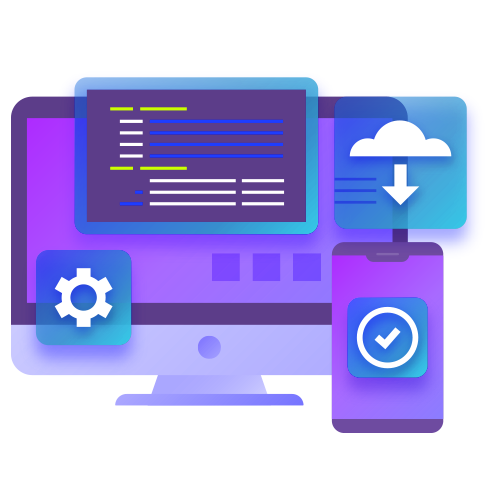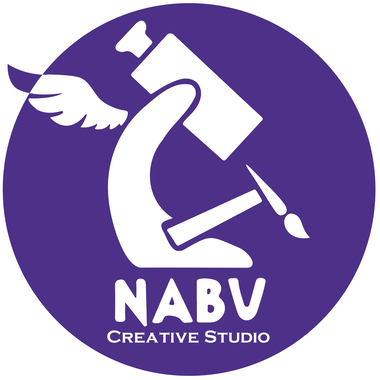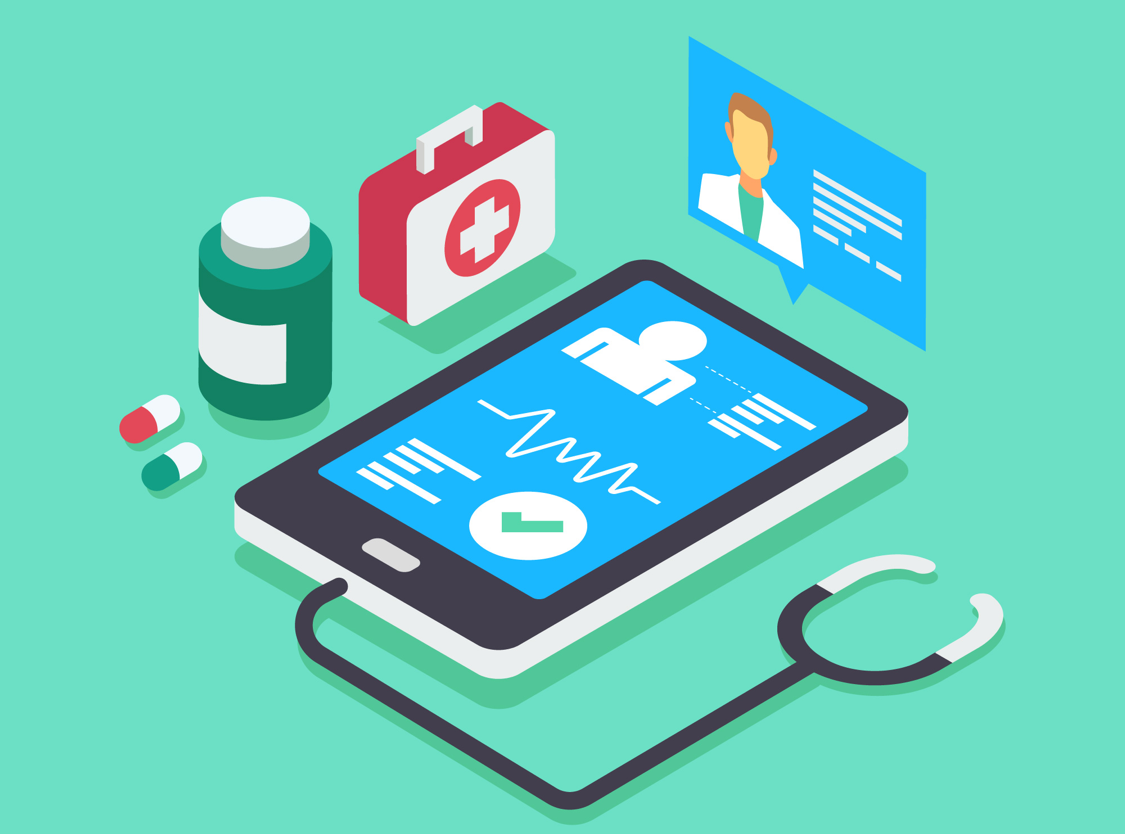
R&D – APPLICATION SOFTWARES
Application software are the key players of the digital revolution.
From the first ones for electronic computers to the most recent ones for mobile devices, application softwares allow the user to interact with an operating system and through it finally modify reality in constantly more innovative ways.
Initially conceived to help private and corporate productivity, in the last years multiple application softwares started to embrace the science and technology universe impacting in activities such as:
- Healthcare: remote monitoring of health indicators and designing of personalized therapies through artificial intelligence algorithms1;
- Environmental protection: monitoring the vital parameters of our Planet and the impact of our daily activities and consumptions on it2;
- Education: engaging students through challenging digital games3;
- Scientific research: facilitating data analysis and extracting their predictive power through models generated by artificial intelligence algorithms4.
Online doctor7
In spite of these excellent premises, application softwares often struggle to translate their potential into tangible results because of limitations belonging to the following categories:
- Partial effectiveness of the designed algorithm to achieve the scientific goal5;
- Partial understanding of the graphic user interface6;
- Cumbersome usability6.
Deeper collaboration between software developers, experts of the target scientific field, graphic designers and representative users is needed to improve the current algorithms, graphic interfaces and functionalities.
A multidisciplinary team hosting virtuous synergies is the strength of Nabu Creative Studio.
Our strategy to perform research in this field and in the next future develop application softwares truly revolutionizing the relationship between Man, Society and Nature.
- Digital Medicine. Nature Medicine. 2019.
- Mobile Applications to Link Sustainable Consumption with Impacts on the Environment and Biodiversity. BioScience. DOI: 10.1093/biosci/biw016.
- Context-Adaptive Values-Based Games for the Young: Responsible Decision Making for a Sustainable World. ICTCC 2017, ICCASA 2017. DOI: 1007/978-3-319-77818-1_13.
- Deep learning for biology. Nature. Doi: 10.1038/d41586-018-02174-z
- Artificial Intelligence in Medicine: Applications, implications and limitations. Harvard University.
- mHealth Consumer Apps: The Case for User-Centered Design. Biomed Instrum Technol. Doi:10.2345/0899-8205-46.s2.49.
- Online doctor. Designed by Freepik.

